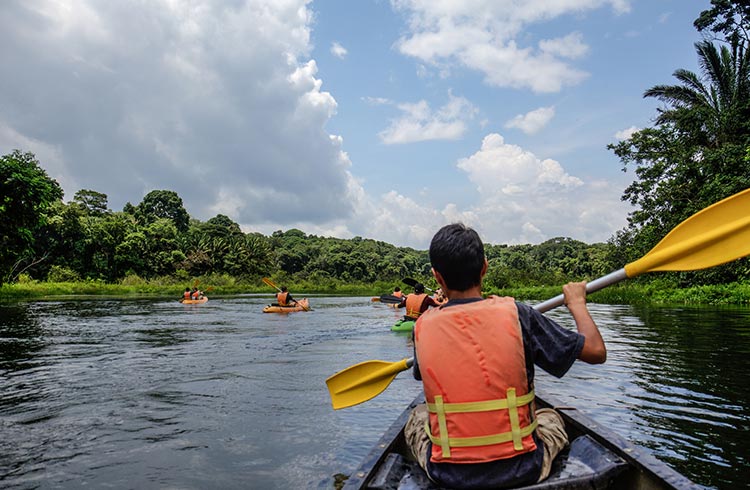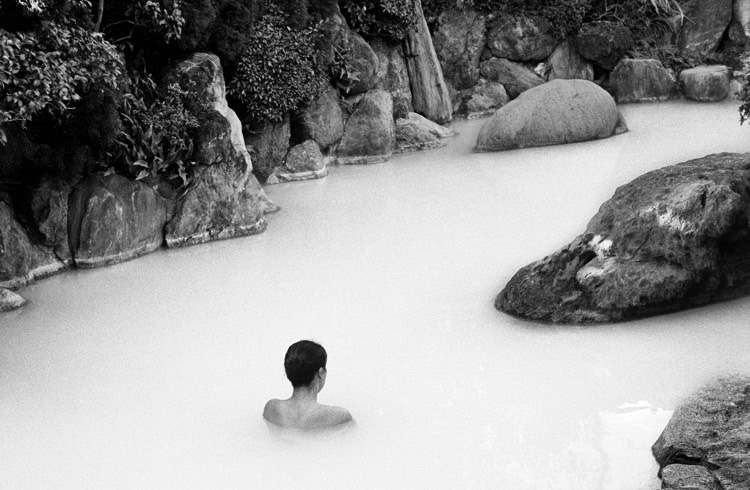Vaccinations and Health Tips for Travelers to Panama
What's the best way to avoid food and water borne illnesses on your trip to Panama? Here's what you need to know to stay healthy on your trip.
 Photo © Getty Images/Photograph by Asim Bharwani
Photo © Getty Images/Photograph by Asim Bharwani
Many diseases including dengue fever, brucelloosis and chagas disease are water-borne. Food-borne or insect-borne diseases can strike in Panama, and unfortunately there aren't any available vaccinations. The best cure for these types of diseases is prevention.
Use insect repellent at all times, and keep an insect net over your bed when you're sleeping in rural areas.
- Yellow Fever certificate
- Water worries in Panama
- Medical emergencies in Panama
- Natural disasters in Panama
- Carry identification
Yellow Fever certificate
If you're arriving from Bolivia, Brazil, Colombia, Ecuador, Peru or Venezuela, you'll be required to present a valid Yellow Fever certificate to be allowed entry into Panama. Which presents a problem to pregnant women and children who are less than nine months of age, since Yellow Fever vaccine may not be safe for them.
Water worries in Panama
Tap water in Panama City is generally safe to drink, however in rural areas it's best to boil all drinking water (for at least one minute), avoid ice cubes, and do not eat any raw or under-cooked food.
Don't swim in the Bay of Panama – doing so poses serious health risks, as it's polluted with untreated sewage and industrial waste. Seek medical advice if you have a fever, or are suffering from diarrhoea.
Medical emergencies in Panama
¡Llame una ambulancia! Which translates to "Call an Ambulance" – don't worry, if you do need emergency medical treatment, Panama has some good private hospitals and clinics. However medical facilities outside the capital are limited.
Panamanian doctors tend to be US trained, and the standards of the top hospitals compare favorably to US standards.
It's important to know that many doctors and hospitals require cash payment prior to providing services, including emergency care.
Medical emergencies may require evacuation to a third country, most likely the US, where the cost of medical treatment can be extremely high.
Natural disasters in Panama
You may survive the drug cartels, street crime, and risks to your health, but you may not survive the dangerous ocean currents, severe tropical storms, earthquakes, floods or landslides that sometimes plague Panama.
Here's another useful Spanish word to commit to memory: ¡Socorro! Which means "Help!".
Rips
Many beaches on the Pacific Ocean side of Panama and in the Bocas del Toro Province have dangerous currents. The risks at these beaches are not signposted, nor are the beaches patrolled by lifeguards, so swimming is best avoided.
Landslides
During the rainy season (April–December) occasional flooding and landslides occur in rural areas, and some city streets become temporarily impassable due to flooding. Listen for local warnings and information, and use your common sense if landslides to occur.
Earthquakes
Earthquakes are a possibility in Panama. In the province of Chiriqui, near the border with Costa Rica, there have been a number of earthquakes above 5.5 on the richter scale. While they have not caused widespread destruction in recent years, you should familiarize yourself with your hotels' evacuation plan and again monitor local media.
Carry identification
Due to the risk of natural disasters, you should carry your travel documents at all times (i.e. passport, photo ID, etc.) or secure them in a safe, waterproof location. It's also a good idea to register your travels with your Embassy or Consular Representative on arrival in Panama.
Related articles
Simple and flexible travel insurance
You can buy at home or while traveling, and claim online from anywhere in the world. With 150+ adventure activities covered and 24/7 emergency assistance.
Get a quote
No Comments